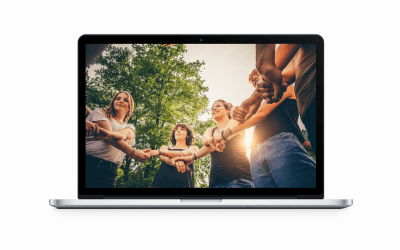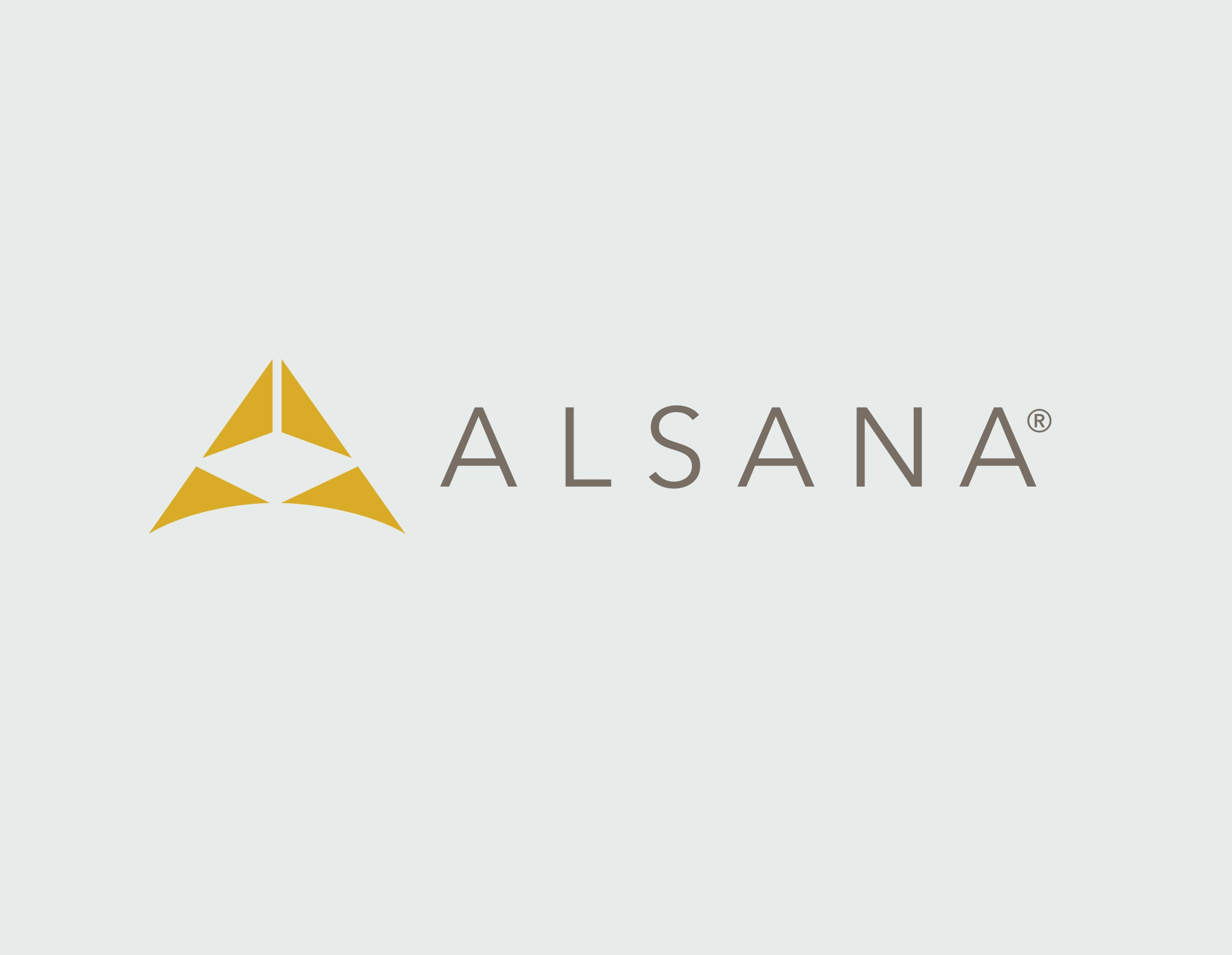Overcoming an Eating Disorder with Instagram?
In a world where social media amplifies everything, it can be challenging to those recovering from eating disorders to find positive pro-recovery content. Enter Hayley Kremer, 20-year-old student at Colorado Mesa University. She’s been in recovery for a few years, and sees both a nutritionist and a counselor. In addition to these more traditional recovery resources, she credits her Instagram account for the significant progress she’s made in getting better.
She’s not the only one. There are a number of people worldwide who are posting their success overcoming eating disorders. Nicole in London (user name: Proud2beme) comments: “What I soon found myself a part of was, as my friends had said, an international network for sharing positivity, motivation and recovery tips.”
A student at Duke University shares that Instagram is her go to for support and encouragement. “I have met some of the people I’d consider my best friends through this account,” says Malia Budd about her recovery Instagram account.
The vast network of recovery accounts forges a supportive digital community for those pursuing health—one that, for some, becomes a group of real-world friends.
While there are plenty of social media users who are encouraging and helpful, many recovery accounts can take on a confessional tone—detailing fears, accomplishments, and anxieties about food and body image. Some content can be dangerous for those new in recovery or on the ‘fence’. There are many social media users caught up in the ‘Thinspiration’ or ‘Pro-ana’ (pro-anorexia) movement and obsessed with how they look and what they eat. For individuals susceptible to developing an eating disorder or those in a fragile state of recovery, the “Thinspiration” movement can be particularly damaging.
Hayley’s account started out as more of a food journal, which, in many ways, wasn’t particularly helpful for her eating disorder. Only when she began formal recovery, with counseling and outpatient therapy, did she redefine her account to focus on truly recovering. She now regularly posts about her desire to live a healthier life, celebrating the times that she overcomes her fears of certain foods. She renamed her account hayls_sprinkleofsunshine and her posts are focused on living a healthy and positive life rather than focusing on her eating disorder.
It’s important to manage your settings so that you are in control of your content and posts. Nicole states, “I choose to have my account on a private setting so that I can check the account of every person who wants to follow me before I accept their request. This is important to me because though this is a lovely and helpful community, unfortunately, just like the rest of the world, there are some toxic individuals on Instagram who could do more harm to my recovery than good.”
Instagram can amplify the positive aspects of recovery as Hayley, Nicole, and Malia have recorded. However, it is important to keep in mind that all of these women have taken part in medical and therapeutic support as well. “Someone may get a lot of support from Instagram, but there’s no substitute for evidence-based medical care,” says Rachel Benson Monroe, the programs coordinator at the Multi-Service Eating Disorder Association in Newton, Massachusetts. For more information on eating disorders, contact http://www.medainc.org

JOIN OUR ONLINE SUPPORT GROUP
Weekly meetings
Fridays at noon / PST

VIRTUAL TREATMENT OPTIONS
Meeting each client where they are on their recovery journey. Virtually.
Our Recommended Articles
Start the road to recovery with Alsana.






